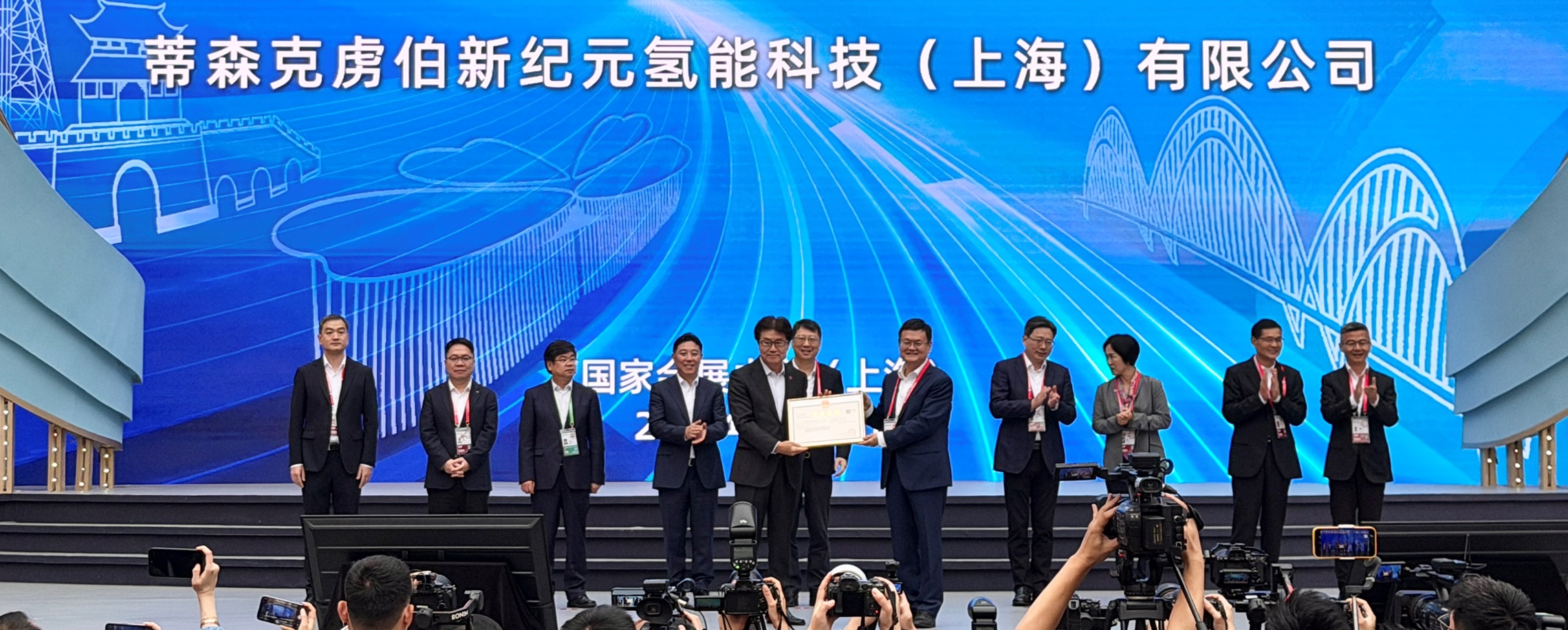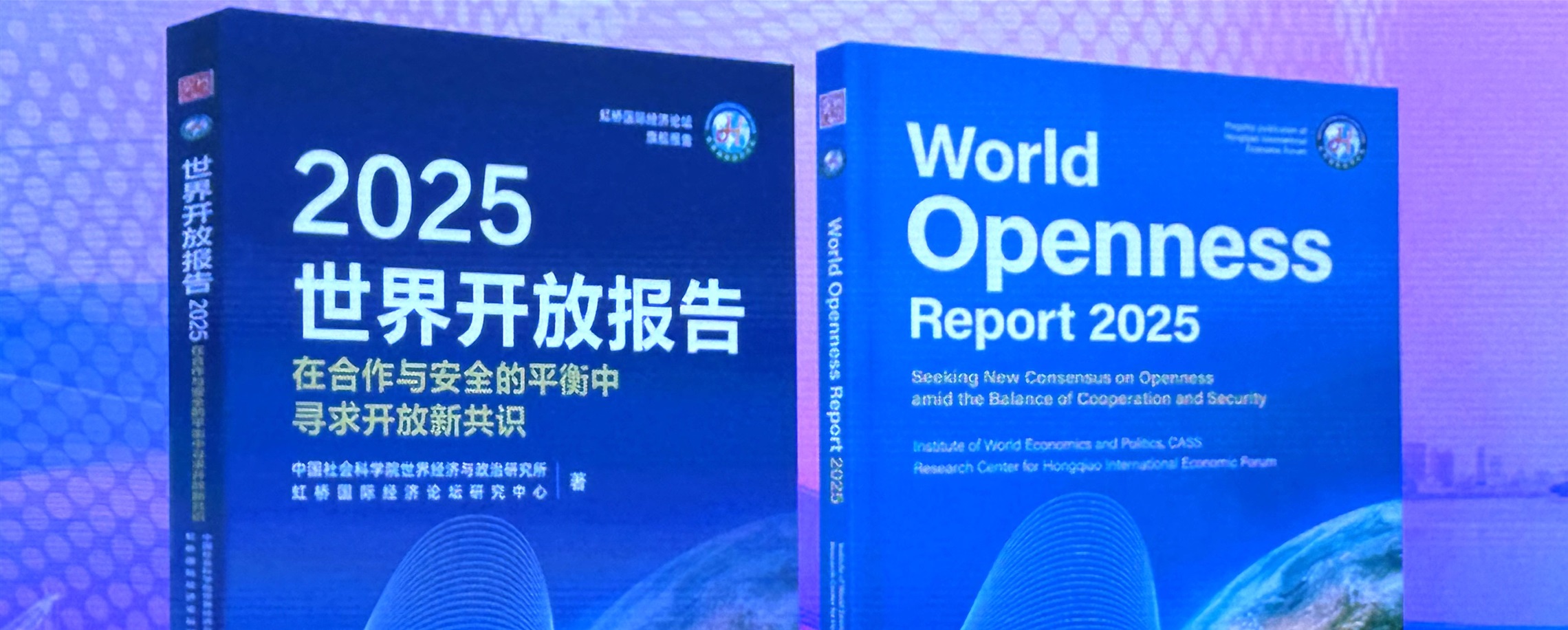Algorithms enter the laboratory in China to pare costs and fast-track timelines in the race to develop new drugs

Eight months. That's all it took for one cancer drug to go from computer code to clinical trials, thanks to artificial intelligence shaving years and huge costs from a process that used to take a decade or more. In the escalating biotech rivalry between the US and China, Shanghai's algorithm-powered labs are showing that speed may be the most potent advantage of all.
Chinese biotech startups are applying AI technology to the laboratory to challenge Western dominance in pharmaceuticals. For investors, regulators and scientists, the race is no longer just about the next miracle cure. It's about who can train machines to find it first.
Drug discovery has always been a high-stakes game, with only a handful of the millions of possible chemical compounds ever finding their way into a pill bottle. Now, machine-learning models can scan vast molecular libraries in minutes, spotting patterns no human eye could catch. The software doesn't just flag promising molecules. It can also predict how a drug might be absorbed and metabolized, and what possible harmful side effects may result.
"AI will not replace scientists," said Jeff He, chief executive of TandemAI. "But in the future, no scientist or pharma companies will work without it."
He added that structure-cased drug design is still required and physics-based models remain the most trustworthy predictors, but generative AI can speed up drug design and spark new ideas.
Founded in Shanghai in 2021, TandemAI combines generative AI, physics-based modeling and high-performance computing to speed up early-stage drug discovery. The company sells its platform to pharma partners while running a modest in-house pipeline. It calls itself a toolmaker in China's push to cut research costs and timelines.
TandemAI is not alone. Across Shanghai, startups are beginning to show that AI drug pipelines can deliver more than promises.
In June, Shanghai-based Insilico Medicine and researchers at Beijing's Peking Union Medical College Hospital reported in Nature Medicine magazine on early clinical data for an AI-designed therapy for a form of pulmonary fibrosis, making it the fastest-moving AI drug yet.
Alex Zhavoronkov, founder and chief executive of Insilico, said in a company statement that the drug, called Rentosertib, showed a manageable safety profile and "exemplifies AI's transformative potential in accelerating drug discovery."
The scope goes far beyond small-molecule pills. Shanghai's Lingang Laboratory recently unveiled OriGene, a virtual system designed to tackle drug discovery's hardest step – picking the right target. A target is like the "command center" of a disease, often a faulty protein, and choosing the wrong one is the reason why more than half of clinical trials fail.
OriGene mimics how scientists think, sifting through data and literature. Early tests suggest it can spot promising cancer targets more reliably than existing AI models or even human experts.
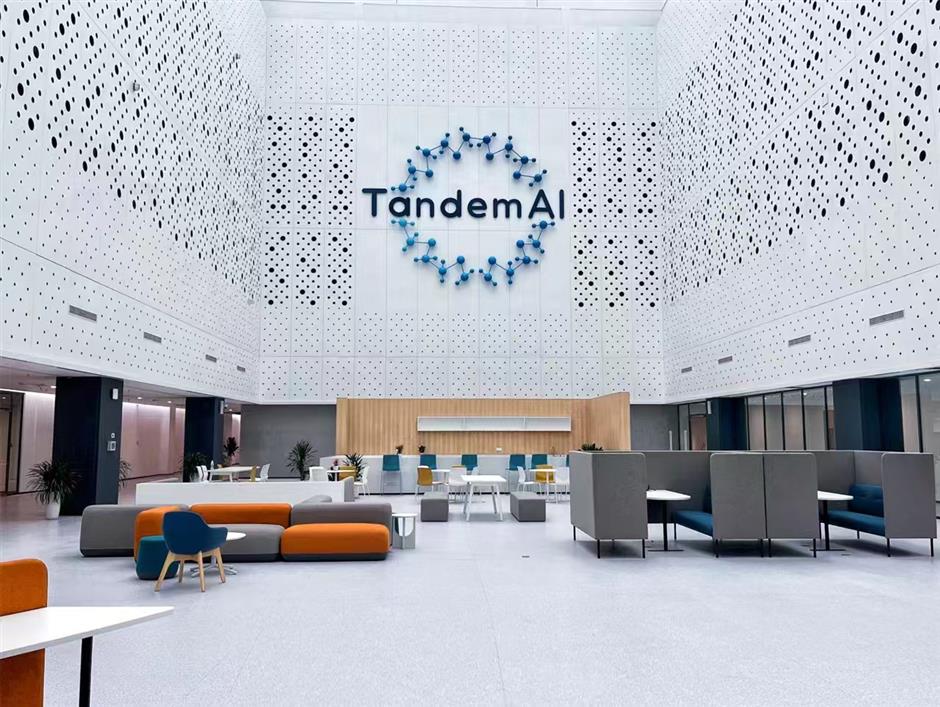
But breakthroughs in coding and labs are only part of the story. In China, AI in drug discovery is also being framed as a national mission.
"AI+biomedicine is not only a science story; it is an economic and strategic one," said Xie Ruoqing, a researcher at the Shanghai Academy of Social Sciences. "The biggest bottlenecks are fragmented data, regulatory adaptation and intellectual property protection. If Shanghai can break those, it can become both a testing ground and a connector linking hospitals, AI labs and global markets."
The city has designated artificial intelligence and biomedicine as twin pillars of its new-era economy, offering subsidies to startups and fast-tracking lab approvals.
Zhangjiang High-Tech Park, often called China's version of Boston biotech hub Kendall Square, is home to more than 400 life-science companies, from scrappy startups to multinational giants like Roche, Novartis, Pfizer and AstraZeneca. The park has become a magnet for research, development and venture capital.
Lingang, a special section of Shanghai Pilot Free Trade Zone on the city's southern coast, is positioning itself as the testing ground for AI-driven biomedicine. Since its start in 2019, the zone has established the Dishui Lake AI Innovation Center that now hosts about 150 AI companies and 5,000 researchers, and markets itself as the place where algorithms meet experimental labs.
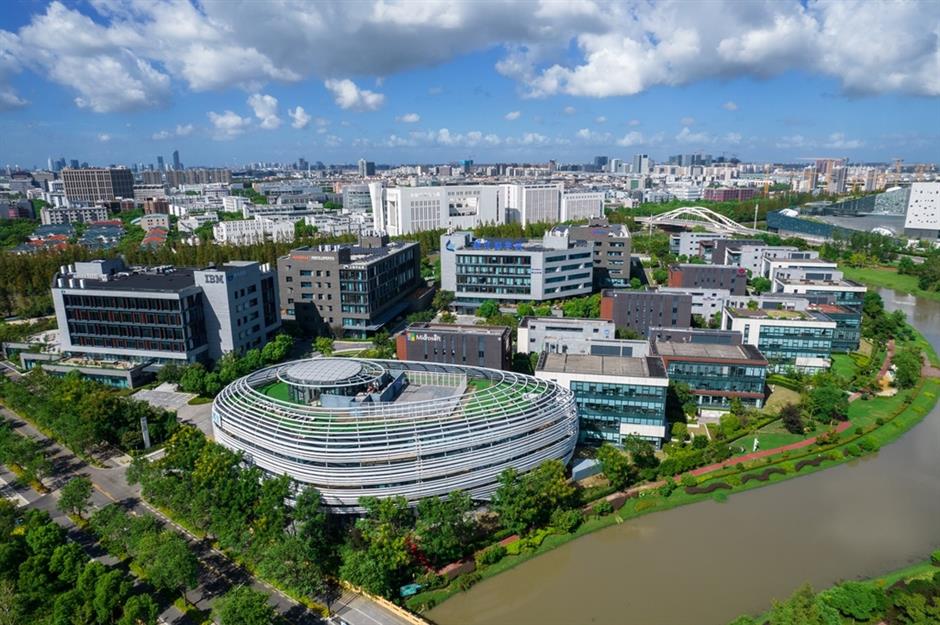
"The opportunity for Shanghai is to use its hospital network and data resources to lead," Xie said. "But the challenge is breaking the silos of access and trust."
Industry insiders say the AI drug boom has weathered its first cycle of inflated expectations. Between 2015 and 2020, dozens of companies promised to reinvent drug discovery with algorithms; few delivered more than flashy demos. Now a more sober "second wave" is emerging, focused on workflows and integration with traditional chemistry.
"But it's not magic," said TandemAI CEO He. "The lesson is clear: algorithms alone won't make medicines."
This pragmatism runs through the new generation of Chinese AI startups. Instead of betting everything on moonshot pipelines, many are offering AI platforms as services or partnering with established pharma companies. The goal is not to replace experimental lab science but to enhance speed and efficiency by compressing the time it takes.
Or as He puts it, "Traditional discovery might take ten design-test cycles. With our virtual design loops powered by AI, we can cut that down to three."
He added, "Our goal isn't to replace scientists, but to give even small biotech firms access to the best AI tools to tackle problems that were once out of reach."
For all the hype, scientists warn the algorithms are only as good as the data fed into them.
One Shanghai researcher from a national key lab said AI often struggles on small, patchy datasets. "With poor-quality data, the models just overfit. They start guessing," he explained. "The real solution is not to bend AI to tiny datasets, but to design experiments that generate high-quality data at scale."
Expectations are running high. Over the next five years, scientists predict AI-designed drugs will move from a handful of isolated cases to dozens, perhaps hundreds, of candidates entering trials worldwide. The long-term ambition is more radical – personalized medicines tailored to an individual's genes and disease profile, or even AI systems that autonomously run full discovery pipelines from target to clinical candidate.
For Shanghai, the bet is clear. Algorithms could become the main engine of drug discovery and perhaps tilt the balance in the global biotech race.
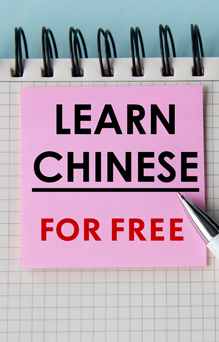
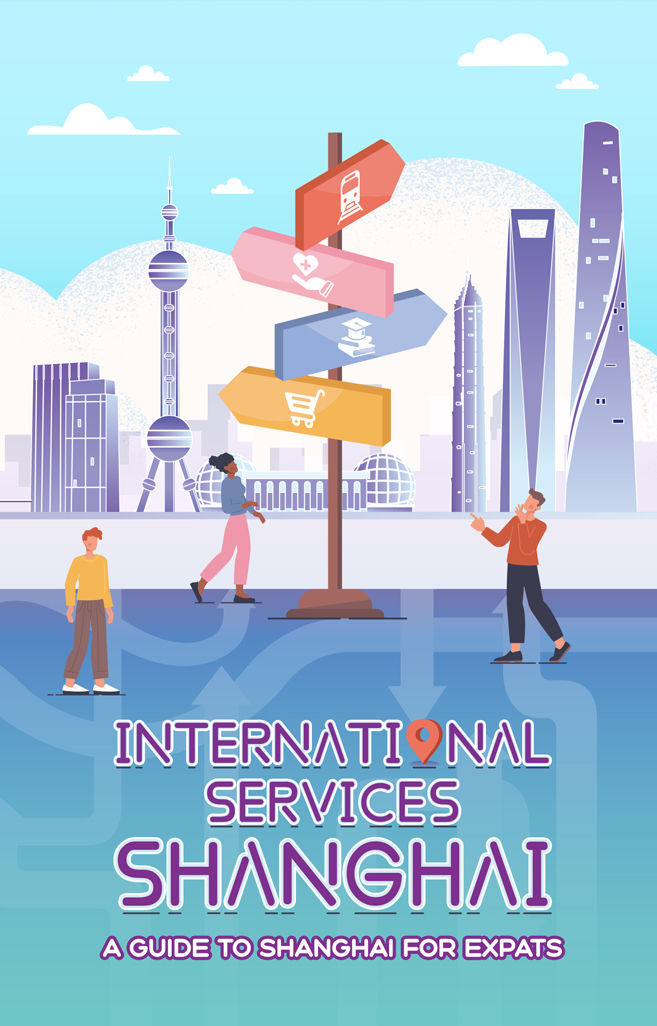


In Case You Missed It...
